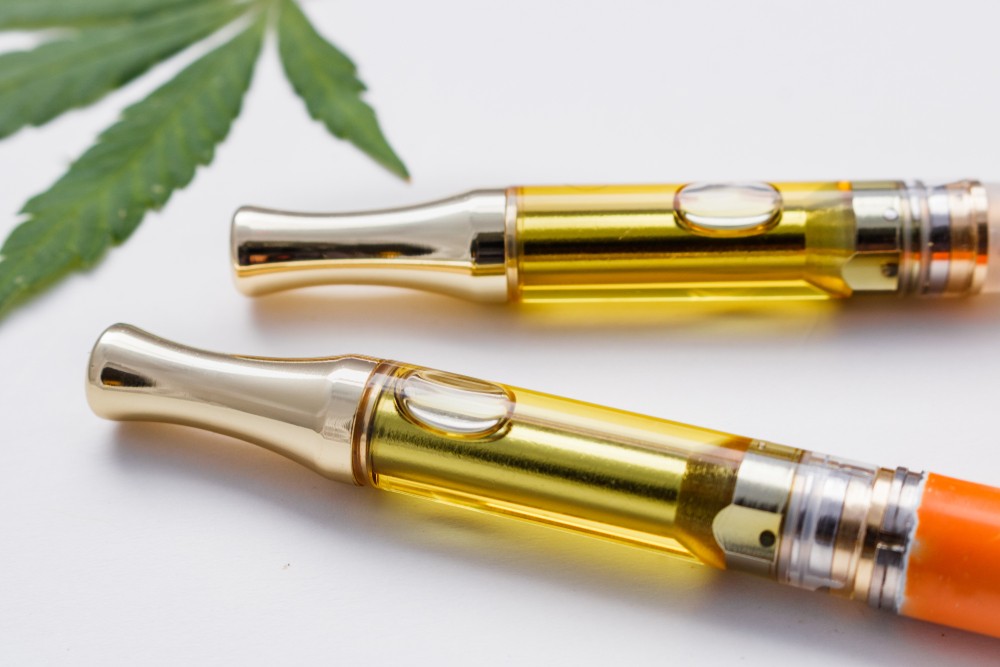 We’ve been hearing about vaping for the past decade or so: how it may be a safer alternative to smoking, how it’s growing in popularity. But recently there’s been a shift in the coverage of vaping. We are now beginning to realize the many potential dangers of this trending habit.
We’ve been hearing about vaping for the past decade or so: how it may be a safer alternative to smoking, how it’s growing in popularity. But recently there’s been a shift in the coverage of vaping. We are now beginning to realize the many potential dangers of this trending habit.
Vaping is the use of e-cigarettes, devices that turn a fluid containing nicotine and flavoring into an aerosol vapor that is inhaled much like a cigarette, but without the tar or smoke that are characteristic of regular paper cigarettes.




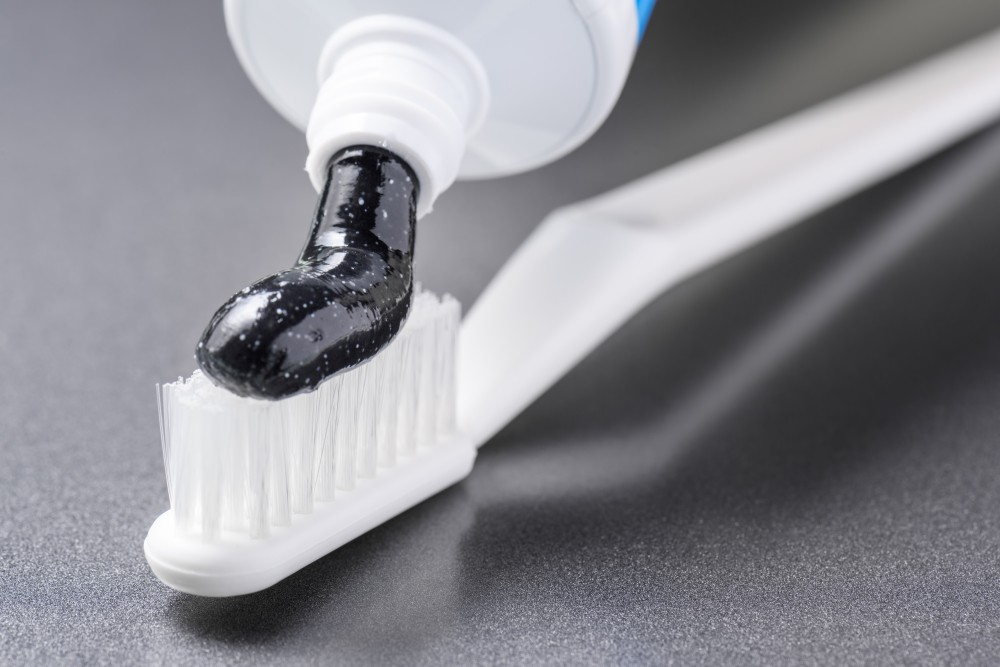 We love our teeth. They help us eat, they give us a beautiful smile, and they keep our jaw bones healthy and strong. But sometimes we do things to our teeth that are bad for them and can cause irreparable damage. Some of these bad habits can be easy to break, but others take some practice. Here are just a few things you should never ever do with your teeth - and some solutions, too.
We love our teeth. They help us eat, they give us a beautiful smile, and they keep our jaw bones healthy and strong. But sometimes we do things to our teeth that are bad for them and can cause irreparable damage. Some of these bad habits can be easy to break, but others take some practice. Here are just a few things you should never ever do with your teeth - and some solutions, too.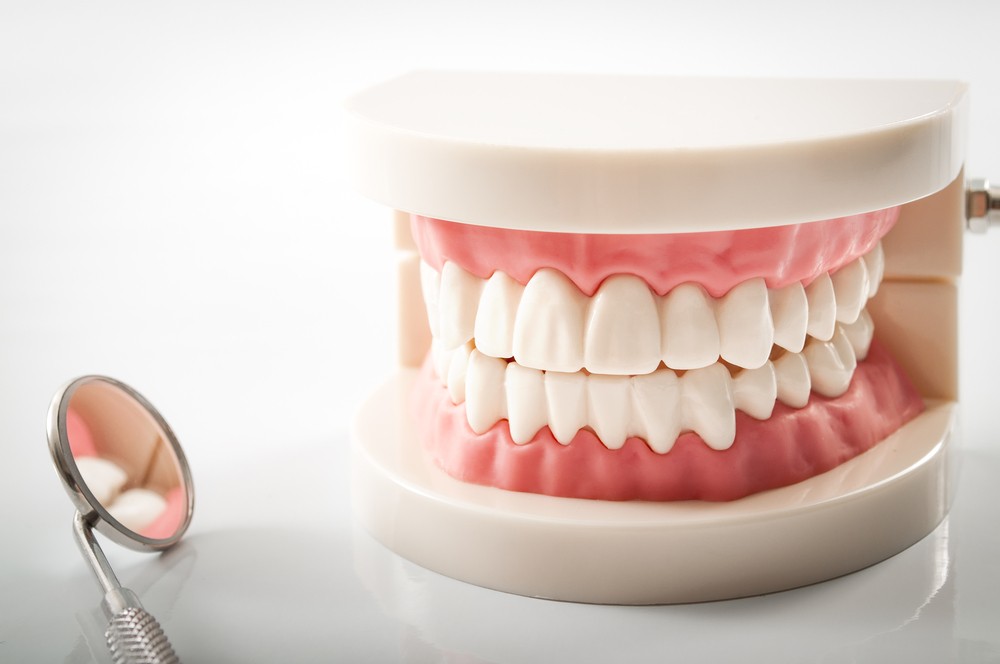 A new treatment may be coming to a dental practice near you, and it could save you a lot of pain when it gets here. Until recently, patients suffering from halitosis (or bad breath) due to periodontal disease or gum inflammation were limited in what they could do to eliminate the condition.
A new treatment may be coming to a dental practice near you, and it could save you a lot of pain when it gets here. Until recently, patients suffering from halitosis (or bad breath) due to periodontal disease or gum inflammation were limited in what they could do to eliminate the condition. Dental care can be expensive, especially when it’s not covered by insurance. Much of the cosmetic dental work done in America is not covered, making cosmetic dentistry a significant investment in one's health and well-being. Thankfully there are options such as health savings accounts and financing, but for some people there’s a new option that is making headlines around the country. There has been a recent increase in interest in something called "tourism dentistry," where American dental patients go to other countries for dental work. Proponents say it’s both cheaper and "just as good" as the care you might receive domestically. But is that really true?
Dental care can be expensive, especially when it’s not covered by insurance. Much of the cosmetic dental work done in America is not covered, making cosmetic dentistry a significant investment in one's health and well-being. Thankfully there are options such as health savings accounts and financing, but for some people there’s a new option that is making headlines around the country. There has been a recent increase in interest in something called "tourism dentistry," where American dental patients go to other countries for dental work. Proponents say it’s both cheaper and "just as good" as the care you might receive domestically. But is that really true? We’ve probably all experienced a dry mouth at one point or another, thanks to dehydration. But what you may not know is that there’s a different type of dry mouth - chronic dry mouth - that can be much more difficult to get rid of than by simply drinking water. For this type of dry mouth, there can be many causes that you may not even realize are there.
We’ve probably all experienced a dry mouth at one point or another, thanks to dehydration. But what you may not know is that there’s a different type of dry mouth - chronic dry mouth - that can be much more difficult to get rid of than by simply drinking water. For this type of dry mouth, there can be many causes that you may not even realize are there.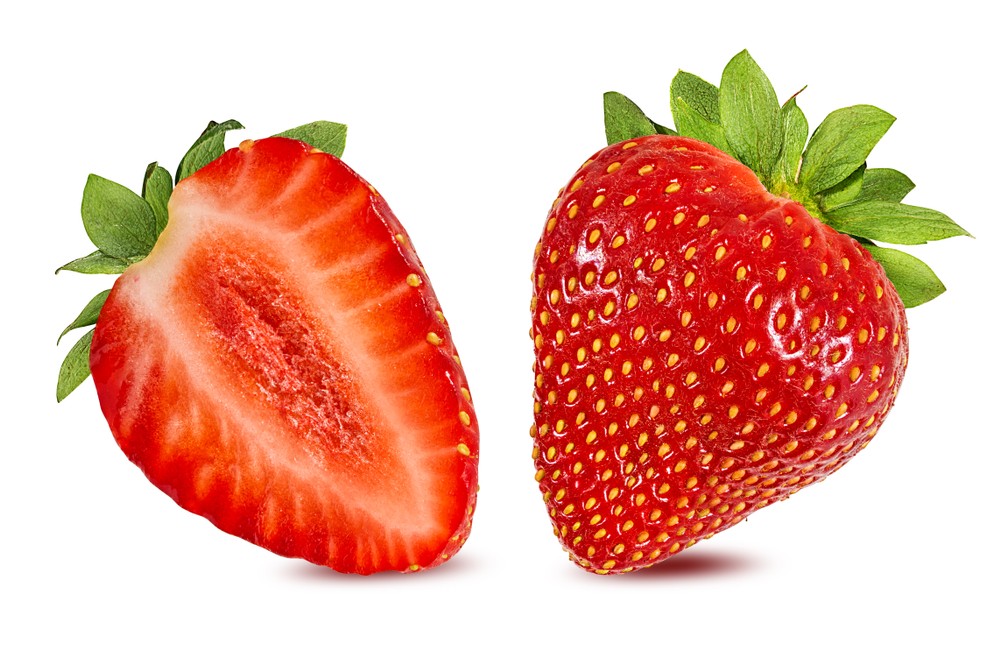 You may have seen the pictures going around the internet of an Iranian woman who went to the dentist with complaints of gum inflammation and was diagnosed with a condition called "strawberry gingivitis." The photos show red, inflamed gums with a puffy, strawberry-like appearance, giving the condition its telling nickname. But what is strawberry gingivitis, and should the average person be worried about developing this dangerous condition?
You may have seen the pictures going around the internet of an Iranian woman who went to the dentist with complaints of gum inflammation and was diagnosed with a condition called "strawberry gingivitis." The photos show red, inflamed gums with a puffy, strawberry-like appearance, giving the condition its telling nickname. But what is strawberry gingivitis, and should the average person be worried about developing this dangerous condition?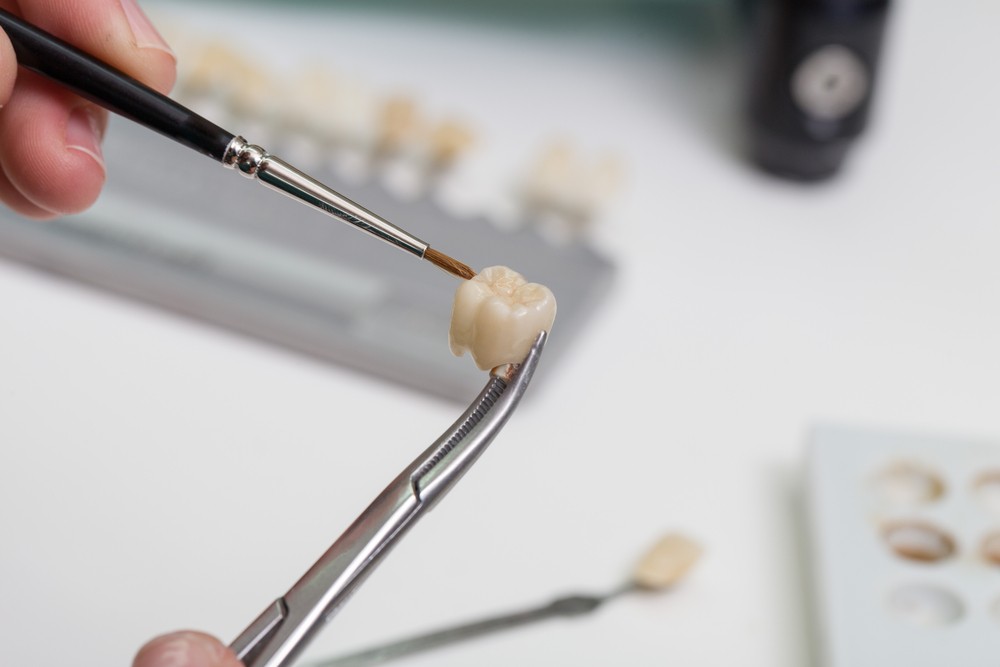 There are many different disorders and defects of the teeth. One you may not have heard of is enamel hypoplasia. It’s a bit of a tongue twister, but basically it means that the tooth or teeth affected do not have fully developed enamel (in fact, the word hypoplasia means "underdeveloped"). Enamel hypoplasia is caused by cells called ameloblasts, which don’t properly form or incur damage during the tooth’s development. Enamel hypoplasia presents itself on the tooth as white or brown spots, or pitting in the tooth itself.
There are many different disorders and defects of the teeth. One you may not have heard of is enamel hypoplasia. It’s a bit of a tongue twister, but basically it means that the tooth or teeth affected do not have fully developed enamel (in fact, the word hypoplasia means "underdeveloped"). Enamel hypoplasia is caused by cells called ameloblasts, which don’t properly form or incur damage during the tooth’s development. Enamel hypoplasia presents itself on the tooth as white or brown spots, or pitting in the tooth itself.
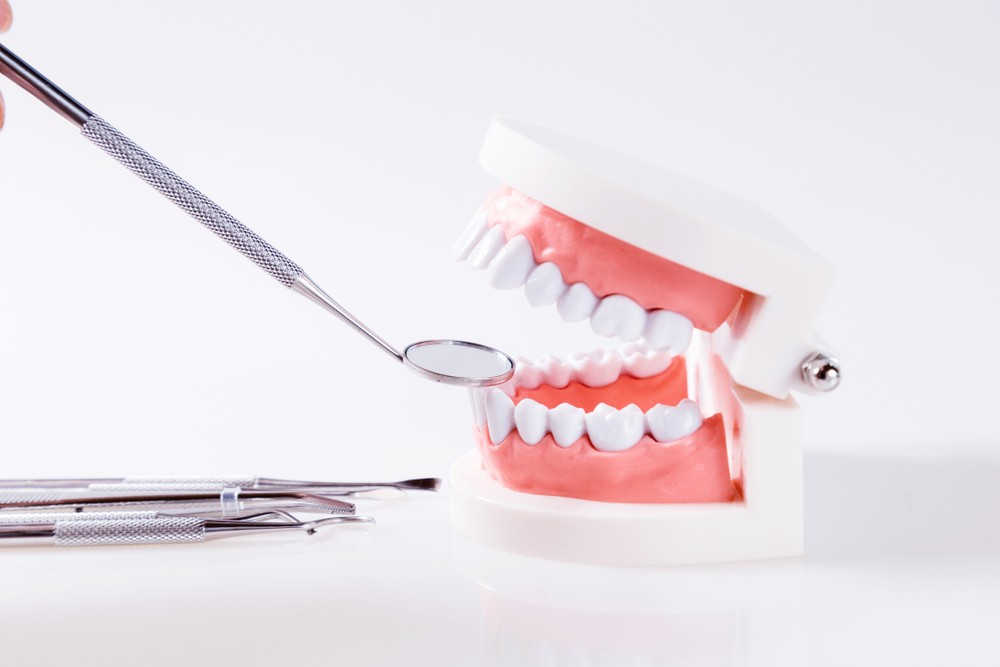 With estimates of nearly 50 percent of Americans suffering from some level of periodontal disease, dentists are ringing the alarm that periodontal disease (also known as periodontitis) could be a silent killer if not treated properly. Periodontitis has already been found to contribute to everything from heart attack, stroke and cancer to high blood pressure and type 2 diabetes.
With estimates of nearly 50 percent of Americans suffering from some level of periodontal disease, dentists are ringing the alarm that periodontal disease (also known as periodontitis) could be a silent killer if not treated properly. Periodontitis has already been found to contribute to everything from heart attack, stroke and cancer to high blood pressure and type 2 diabetes. We all know what can happen to our teeth and gums when we don’t take good care of our oral health: cavities, root canals, gum disease and worse. But what many people don’t realize is that our oral health doesn’t just affect our teeth and gums - it affects our entire body.
We all know what can happen to our teeth and gums when we don’t take good care of our oral health: cavities, root canals, gum disease and worse. But what many people don’t realize is that our oral health doesn’t just affect our teeth and gums - it affects our entire body.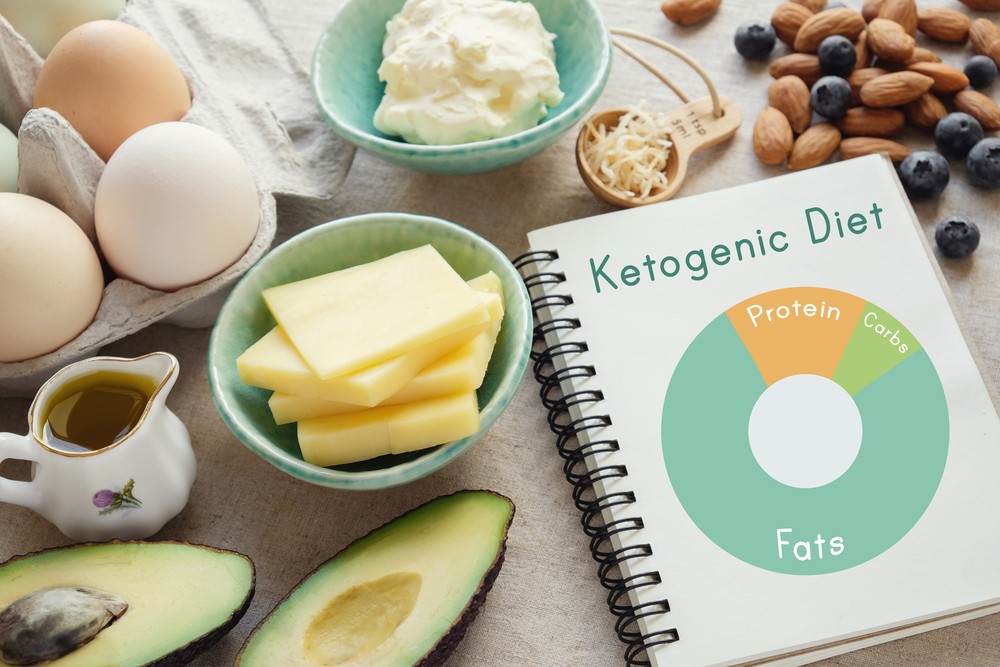 If you’ve decided to hop on the low-carb or ketogenic diet bandwagon to take control of your health and your weight, congratulations! Eating a diet low in carbohydrates is not just good for your waistline, but it can also help in many other ways, including lowering your risk of heart disease and diabetes and lowering your cholesterol. But while those health benefits are well known, or at least frequently discussed, many people don’t know what effect keto diets – or carbohydrates, for that matter – have on their oral health.
If you’ve decided to hop on the low-carb or ketogenic diet bandwagon to take control of your health and your weight, congratulations! Eating a diet low in carbohydrates is not just good for your waistline, but it can also help in many other ways, including lowering your risk of heart disease and diabetes and lowering your cholesterol. But while those health benefits are well known, or at least frequently discussed, many people don’t know what effect keto diets – or carbohydrates, for that matter – have on their oral health.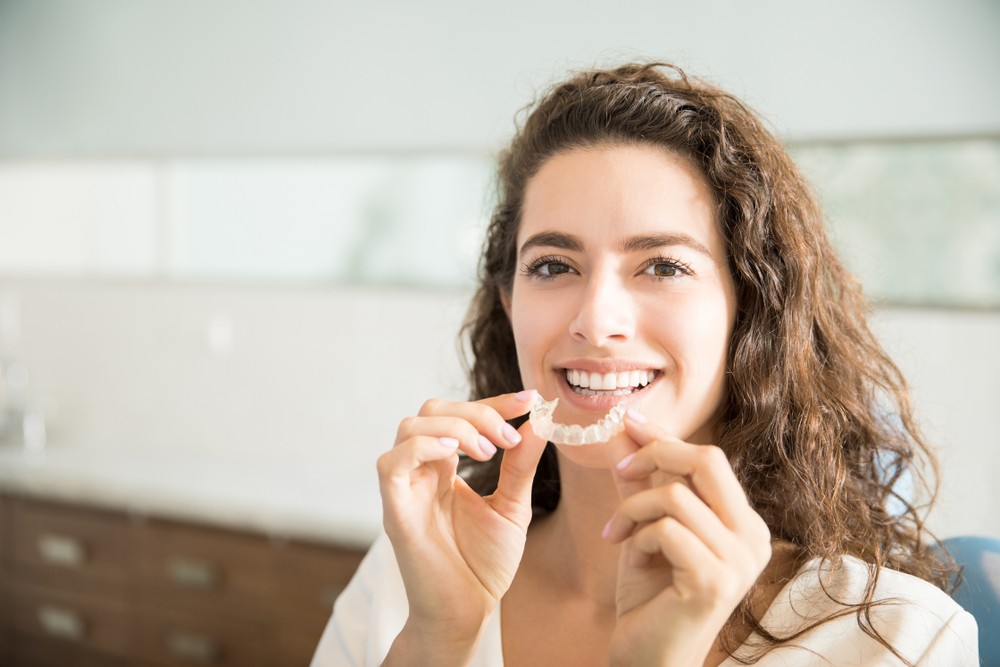 Patients looking for a seemingly more convenient way to get straighter teeth may soon have another option. With the advent of by-mail orthodontics, a crop of companies have begun to pilot at-home orthodontic kit sales and kiosks in stores and malls. But is this a good idea? After all, we all lead busy lives and convenience is important - but some dentists think this do-it-yourself trend could be very, very dangerous.
Patients looking for a seemingly more convenient way to get straighter teeth may soon have another option. With the advent of by-mail orthodontics, a crop of companies have begun to pilot at-home orthodontic kit sales and kiosks in stores and malls. But is this a good idea? After all, we all lead busy lives and convenience is important - but some dentists think this do-it-yourself trend could be very, very dangerous. What’s more romantic than roses, chocolate and dark red wine? Maybe the ability to not look like you’ve indulged in said wine. But avoiding "wine teeth" is often easier said than done. That’s because that delicious dark red liquid is full of something called tannins. These little particles not only make wine more delicious by making it taste more dry, bitter and acidic, but they also leave behind little souvenirs called "chromogens," which give wine its color – and have the pesky habit of sticking to the teeth.
What’s more romantic than roses, chocolate and dark red wine? Maybe the ability to not look like you’ve indulged in said wine. But avoiding "wine teeth" is often easier said than done. That’s because that delicious dark red liquid is full of something called tannins. These little particles not only make wine more delicious by making it taste more dry, bitter and acidic, but they also leave behind little souvenirs called "chromogens," which give wine its color – and have the pesky habit of sticking to the teeth.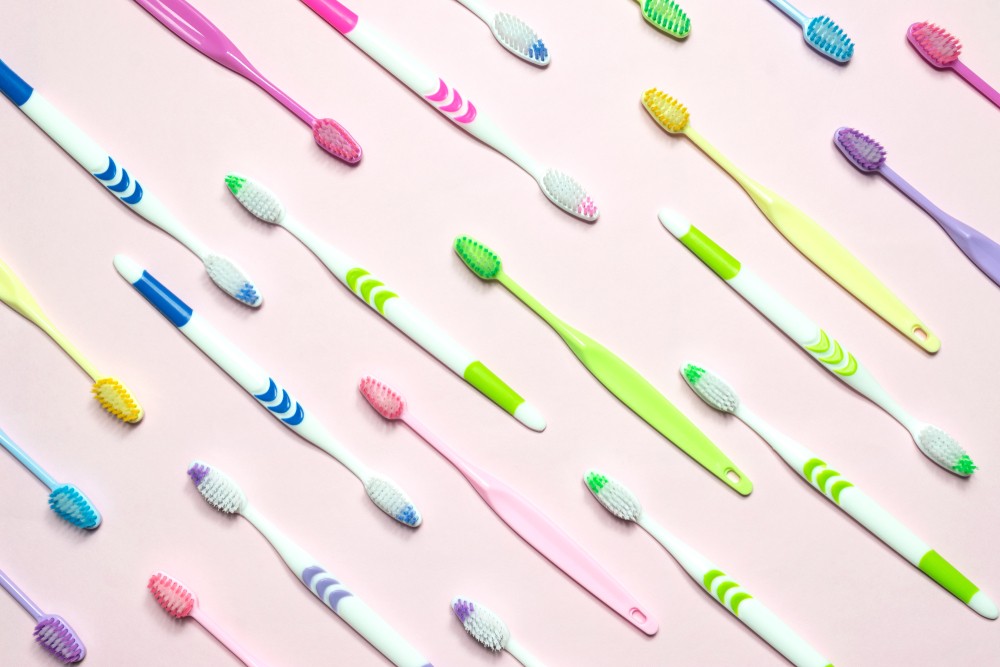 With spring almost here and warmer weather on the way, now is the perfect time for a spring cleaning - of your mouth! It may not seem obvious, but changing your oral health routine each season is a must to maintain a healthy smile. Here are some things you can do to maintain your oral health this spring.
With spring almost here and warmer weather on the way, now is the perfect time for a spring cleaning - of your mouth! It may not seem obvious, but changing your oral health routine each season is a must to maintain a healthy smile. Here are some things you can do to maintain your oral health this spring.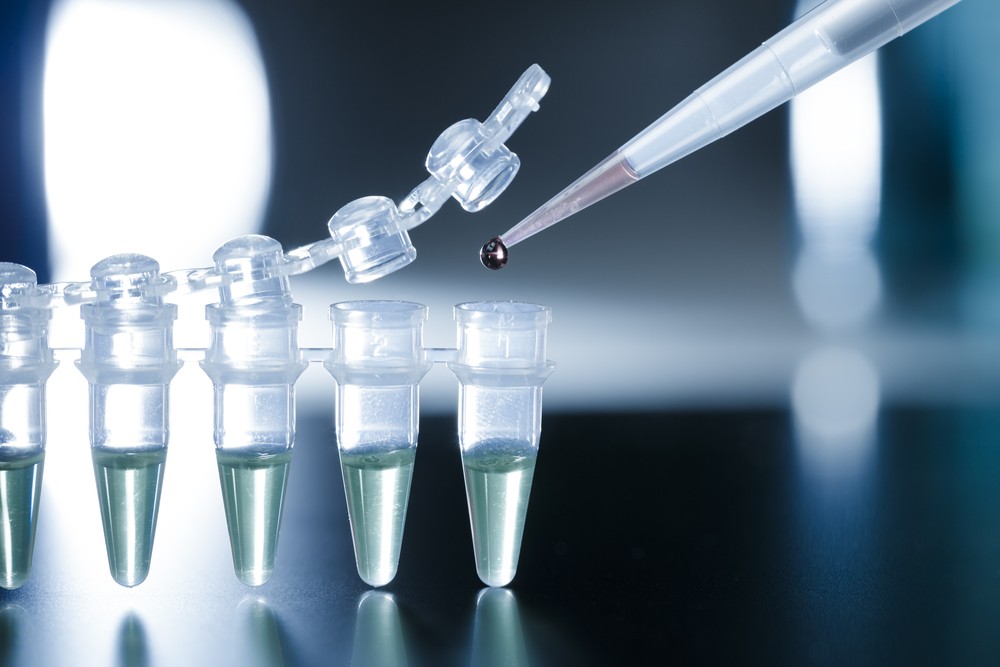 The results of an innovative new procedure were recently revealed in the Journal of Craniofacial Surgery. Five years in the making, the procedure was performed on a then-newborn baby (now age 5) who was diagnosed with the condition cleft palate in the womb. Cleft palate is a congenital condition wherein the roof of the mouth (the palate) is split (cleft) due to the palatal shelves failing to properly close during the embryonic stage.
The results of an innovative new procedure were recently revealed in the Journal of Craniofacial Surgery. Five years in the making, the procedure was performed on a then-newborn baby (now age 5) who was diagnosed with the condition cleft palate in the womb. Cleft palate is a congenital condition wherein the roof of the mouth (the palate) is split (cleft) due to the palatal shelves failing to properly close during the embryonic stage.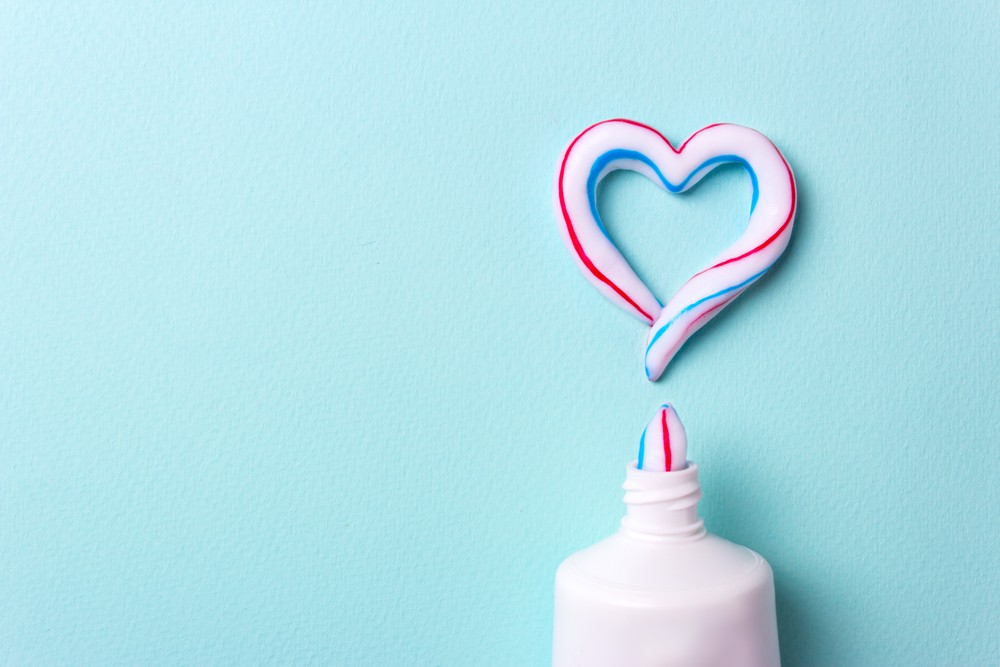 Over the past few years, research has shown that poor oral health contributes to more than just cavities, bad breath and gum disease. It has been found to cause or contribute to everything from heart disease to diabetes, cancer, high blood pressure and even stroke. But new research is linking poor oral health - or more specifically gum disease - to the illness lupus.
Over the past few years, research has shown that poor oral health contributes to more than just cavities, bad breath and gum disease. It has been found to cause or contribute to everything from heart disease to diabetes, cancer, high blood pressure and even stroke. But new research is linking poor oral health - or more specifically gum disease - to the illness lupus. Your tooth enamel is the hardest biological material in our body - harder than even bone. But despite its strength, it is still susceptible to damage from some surprisingly common culprits. Keeping enamel safe and intact is the best way to maintain the health of your teeth, but many people don’t realize these common behaviors could be putting their enamel at risk.
Your tooth enamel is the hardest biological material in our body - harder than even bone. But despite its strength, it is still susceptible to damage from some surprisingly common culprits. Keeping enamel safe and intact is the best way to maintain the health of your teeth, but many people don’t realize these common behaviors could be putting their enamel at risk. We all know how important it is to love ourselves - and that includes taking care of our health and hygiene. But many people don’t think of their oral hygiene when they think about self-love. This Valentine’s Day, don’t forget your oral health - it just may be the most important part of yourself to protect.
We all know how important it is to love ourselves - and that includes taking care of our health and hygiene. But many people don’t think of their oral hygiene when they think about self-love. This Valentine’s Day, don’t forget your oral health - it just may be the most important part of yourself to protect. If you think of how dental technology has changed over the decades from the days of wooden dentures and boar-bristle toothbrushes, it’s pretty astounding. But for all the advances in how we care for and examine teeth, there has not been much change in the way we heal teeth - until now. That’s because scientists at King’s College in London are creating a self-regenerating tooth.
If you think of how dental technology has changed over the decades from the days of wooden dentures and boar-bristle toothbrushes, it’s pretty astounding. But for all the advances in how we care for and examine teeth, there has not been much change in the way we heal teeth - until now. That’s because scientists at King’s College in London are creating a self-regenerating tooth. With the New Year right around the corner, many of us are making resolutions to get healthier. But if all you’re planning on changing is your diet and exercise routine, those resolutions may not be going far enough. That’s because in order to have a truly healthy body, you have to have a healthy mouth. Poor oral health has been directly linked to everything from cancer to stroke to diabetes, Alzheimer’s and even heart disease.
With the New Year right around the corner, many of us are making resolutions to get healthier. But if all you’re planning on changing is your diet and exercise routine, those resolutions may not be going far enough. That’s because in order to have a truly healthy body, you have to have a healthy mouth. Poor oral health has been directly linked to everything from cancer to stroke to diabetes, Alzheimer’s and even heart disease.